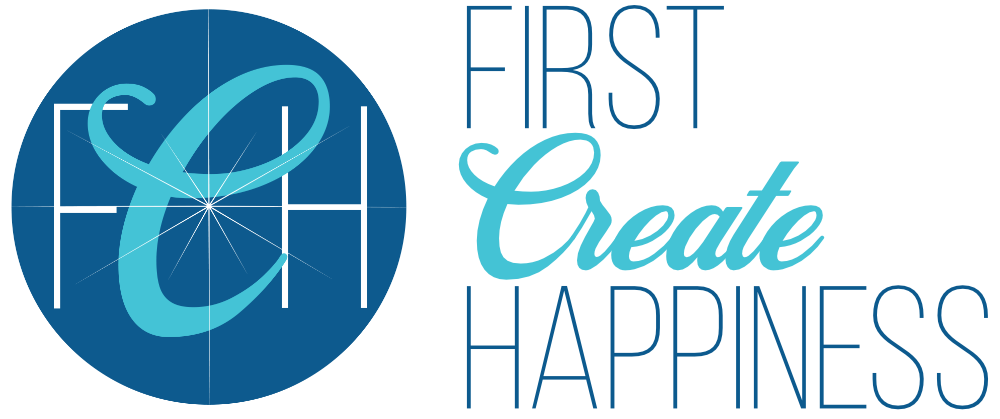The Entrepreneur’s Edge Is a Well-Rested Brain

Being your own boss sounds like freedom—until every decision lands on your shoulders and the days blur together. Stress compounds. Focus drifts. You don’t need more discipline. You need better infrastructure. Self-care isn’t an escape from the work. It’s what allows you to keep doing it with clarity, energy, and edge.
Rethinking Self-Care as a Competitive Advantage
Most founders don’t ignore self-care because they’re reckless. They ignore it because it feels optional. When the stakes are high and your to-do list mocks you by 9 a.m., “taking care of yourself” feels like a luxury. But self-care as a strategy isn’t a luxury. It’s fuel efficiency. It keeps you sharp enough to see the next signal, the pivot, the pattern your competitors missed. Founders who last are not just gritty—they’re well-resourced. That includes internal resources: bandwidth, rest, capacity to adapt. A mind in survival mode doesn't innovate. It grasps. Building a sustainable company starts with building a sustainable self.
The Power of Tiny, Repeatable Habits
Forget bubble baths and Bali retreats. Entrepreneurs don’t need another thing to schedule—they need rhythms that hold even when they’re exhausted. That’s where micro-habits come in. A five-minute pause before your morning Slack barrage. Breathing while the espresso machine hisses. Saying “no” once a day on purpose. These are small, boring, vital acts that scaffold a bigger shift: you reclaim your nervous system. As tiny habits that reinforce daily well-being accumulate, they compound into resilience. Not the push-through kind, but the flexible, bounce-back kind. Self-maintenance shouldn’t wait for a crisis. It should become the floor beneath your ambition.
Streamlining the Mental Load of Admin
Some stress doesn’t come from big decisions—it comes from the 50 tiny ones you had to make before lunch. When every email, every document, every approval has friction, it’s no wonder you’re tired by noon. That’s why reducing operational clutter matters. When your tools simplify instead of complicate, you get decision-making power back. Tools that let you edit, sign, and send documents quickly—without a full software install—are worth assessing for your consideration. Every unnecessary step you eliminate is one less decision draining your willpower. Don’t waste your mental bandwidth on logistics that should be invisible.
Strategic Detachment Recharges Creative Insight
No, you’re not lazy for taking a break. And no, you don’t need to earn rest by crashing first. The best ideas don’t arrive on demand. They show up when you’re not looking straight at them. That’s why “off time” isn’t downtime—taking intentional breaks boosts creativity and resilience. Stepping away lets your brain defragment, your instincts recalibrate, your mood rises above reactive thinking. The longer you go without stepping back, the more distorted your perspective becomes. Time off isn’t a detour from success. It’s part of the system that generates it.
Self-Compassion: The Resilience Multiplier
There’s a moment, especially in year two or three, when a founder begins to believe that mistakes are a reflection of who they are, not what they did. That’s when things get dangerous. Shame calcifies decision-making. Overcorrection replaces curiosity. But being kind to yourself matters—not in a fluffy, motivational-poster way, but as a concrete resilience tactic. When failure is met with compassion instead of self-criticism, it becomes data, not identity. And that unlocks iteration. Self-compassion trains your nervous system to stay in the room longer, process better, and learn faster. That’s what keeps founders adaptive—not just grit, but grace under pressure.
Boundaries Are a System, Not a Mood
You don’t need another productivity hack. You need systems that protect your headspace like security gates. It starts with calendar integrity. If your whole day is reactive, your whole strategy will be too. Boundary-setting isn’t about saying “no” to opportunities—it’s about syncing your work and life calendars so that both matter. That might mean holding Friday afternoons as sacred, scheduling workouts like meetings, or putting phone-free blocks on your schedule like guardrails. Discipline isn’t about control. It’s about energy allocation. When your week has shape, your focus doesn’t leak. You stop apologizing for protecting your own capacity.
Making Rest Non-Negotiable
Burnout doesn’t come from working hard. It comes from working endlessly. What founders need isn’t more hustle—it’s more rhythm. That means institutionalizing rest, even if you’re a team of one. Design policies that force rest to protect long-term energy. That might look like no-meeting Mondays, quarterly digital detoxes, or auto-responders that activate before you collapse. Founders who wait until rest is “deserved” usually burn out before they reach scale. Rest should be systemic, not sentimental. Make it part of the business model—not the break from it.
You are the engine. When that engine overheats, the whole system falters. Self-care protects your ability to see straight, act cleanly, and recover fast. It sharpens your instincts and expands your margins. Success doesn’t come from ignoring your limits. It comes from respecting them early enough to stay in the game.
Unlock the secrets to a joyful and fulfilling life with First Create Happiness and start your transformative journey today!
With gratitude to Kimberly Hayes, Chief Blogger at PublicHealthAlert.info for this article
Image via Pexels
